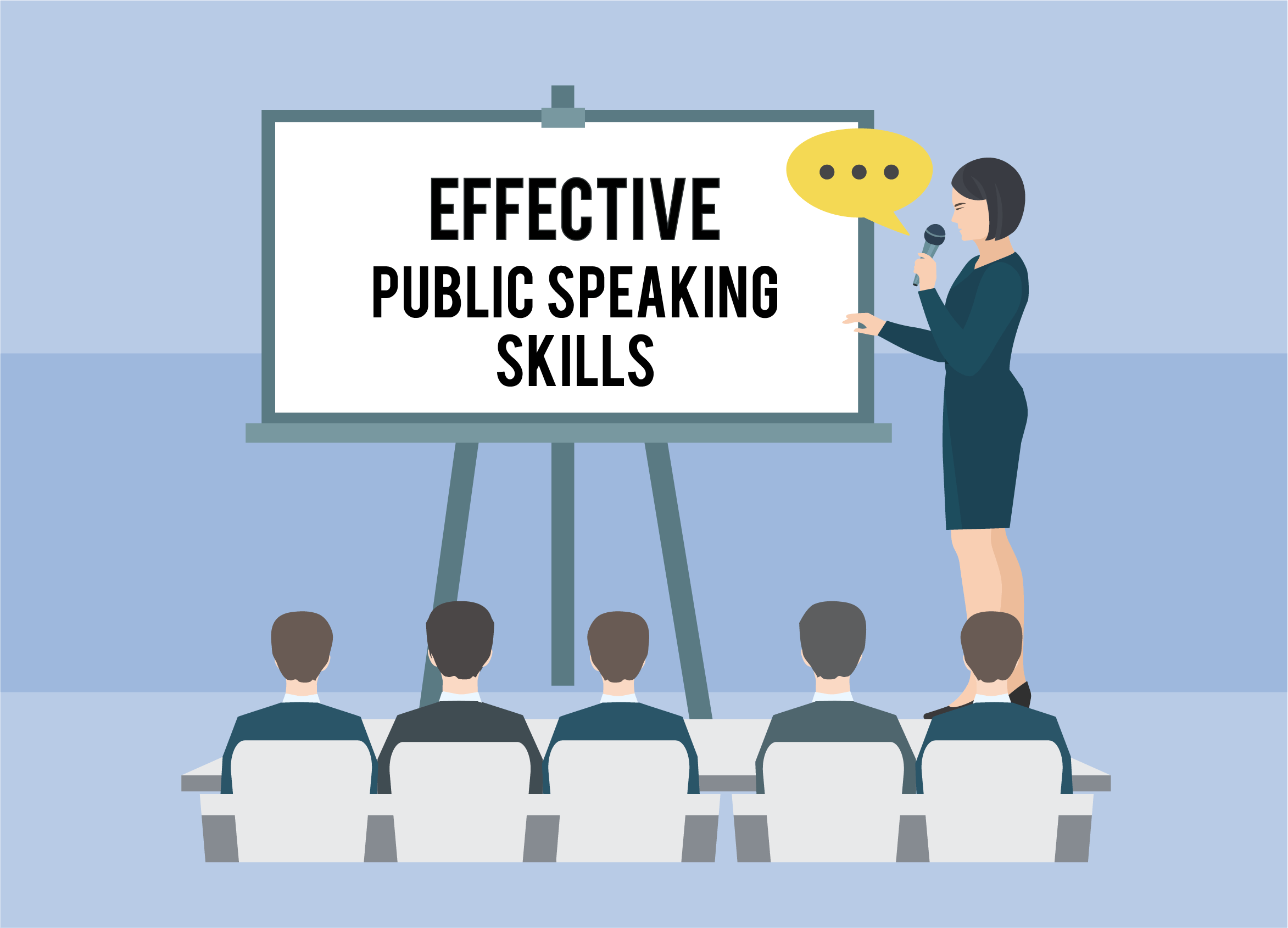Public speaking is an essential skill in both personal and professional life. It has the power to influence, inspire, and create connections with others. However, many speakers grapple with the use of filler words such as "well," "uhh," and "umm" that can detract from their message. When these words slip into a presentation, they can undermine the speaker's authority and distract the audience from the core content. By learning how to eliminate these fillers, you can elevate your public speaking skills and deliver a more polished, engaging presentation.
Filler words are often used subconsciously, serving as placeholders while the speaker thinks about what to say next. Although common, their frequent use can signal uncertainty or a lack of preparation, which can negatively affect audience perception. By becoming aware of these words in your speech, you can take steps to reduce or eliminate them, leading to a more confident and impactful delivery. This article will explore effective strategies to help you hone your public speaking skills and avoid using those pesky fillers.
In this guide, we will delve into expert tips, techniques, and exercises designed to enhance your public speaking abilities while helping you steer clear of filler words. Whether you're preparing for an important presentation or simply looking to improve your everyday communication, mastering the art of public speaking without the hindrance of "well," "uhh," and "umm" is within your reach.
What Are Filler Words and Why Should You Avoid Them?
Filler words are those seemingly harmless terms that slip into our speech, often without us even realizing it. They serve as verbal pauses, but their overuse can make a speaker appear unprepared or unsure. Here are some reasons to avoid using filler words:
- Clarity: Filler words can muddle your message and confuse your audience.
- Confidence: Frequent use of fillers can undermine your credibility as a speaker.
- Engagement: Audiences may lose interest if they constantly hear fillers interrupting the flow of your speech.
- Professionalism: A polished presentation reflects well on your professionalism and expertise.
How Can You Identify Your Use of Filler Words?
Before you can eliminate filler words from your speech, it is crucial to identify how often and when you use them. Here are some methods to help you pinpoint your usage:
- Record Yourself: Use a voice recorder to capture your speeches and presentations. Listen for filler words during playback.
- Seek Feedback: Ask friends or colleagues to provide feedback after you present. They can help identify your filler word tendencies.
- Practice with Awareness: When practicing your speech, consciously focus on avoiding fillers. This will help you develop awareness of your speaking habits.
What Techniques Can Help Eliminate Filler Words?
Now that you've identified your use of filler words, it's time to implement techniques to minimize their occurrence. Here are some effective strategies:
- Pause: Instead of filling the silence with "uhh" or "umm," take a deliberate pause to collect your thoughts.
- Slow Down: Speaking too quickly can lead to fillers. Slow down your pace to encourage thoughtfulness.
- Practice Breathing: Deep breaths can help calm nerves and give you time to think, reducing the need for fillers.
- Use Visual Aids: Incorporate slides or props to keep your audience engaged, allowing you to focus on your message without fillers.
How Does Preparation Impact Filler Word Usage?
Preparation is key to delivering a confident and filler-free presentation. Here are some ways that thorough preparation can reduce the likelihood of using "well," "uhh," and "umm":
- Know Your Material: Familiarity with your content allows you to speak more fluidly and confidently.
- Practice, Practice, Practice: Rehearsing in front of a mirror or to a small audience can help you internalize your message.
- Anticipate Questions: Preparing for potential audience questions can help you respond confidently without resorting to fillers.
Are There Exercises to Improve Public Speaking Skills?
Yes! Engaging in specific exercises can drastically improve your public speaking skills. Here are some useful exercises:
- Record and Playback: Record your speeches and listen for filler words, then practice again focusing on reducing them.
- Mirror Practice: Speak in front of a mirror to observe your body language and facial expressions, while also focusing on your words.
- Join a Speaking Group: Organizations like Toastmasters provide a supportive environment to practice your public speaking while receiving constructive feedback.
How Can You Build Confidence in Public Speaking?
Building confidence is essential for effective public speaking. Here are some strategies to help you become a more confident speaker:
- Visualize Success: Picture yourself delivering a successful presentation without using fillers.
- Start Small: Begin with small groups before moving on to larger audiences.
- Focus on Your Audience: Shift your attention from your own nerves to the needs of your audience, making your message more impactful.
What Are the Long-Term Benefits of Mastering Public Speaking Skills?
Mastering public speaking skills has numerous long-term benefits that extend beyond the podium. Here are some advantages you may experience:
- Improved Communication: Enhanced speaking skills translate into better communication in everyday interactions.
- Career Advancement: Strong public speaking abilities can lead to greater opportunities and promotions in your professional life.
- Increased Self-Esteem: Overcoming the challenge of public speaking can boost your confidence in other areas of your life.
In conclusion, honing your public speaking skills while avoiding the use of filler words like "well," "uhh," and "umm" is an achievable goal. By practicing awareness, preparation, and confidence-building techniques, you can deliver impactful presentations that resonate with your audience. Remember, the key to effective public speaking lies in your ability to communicate clearly and confidently, leaving a lasting impression without the distraction of fillers.



